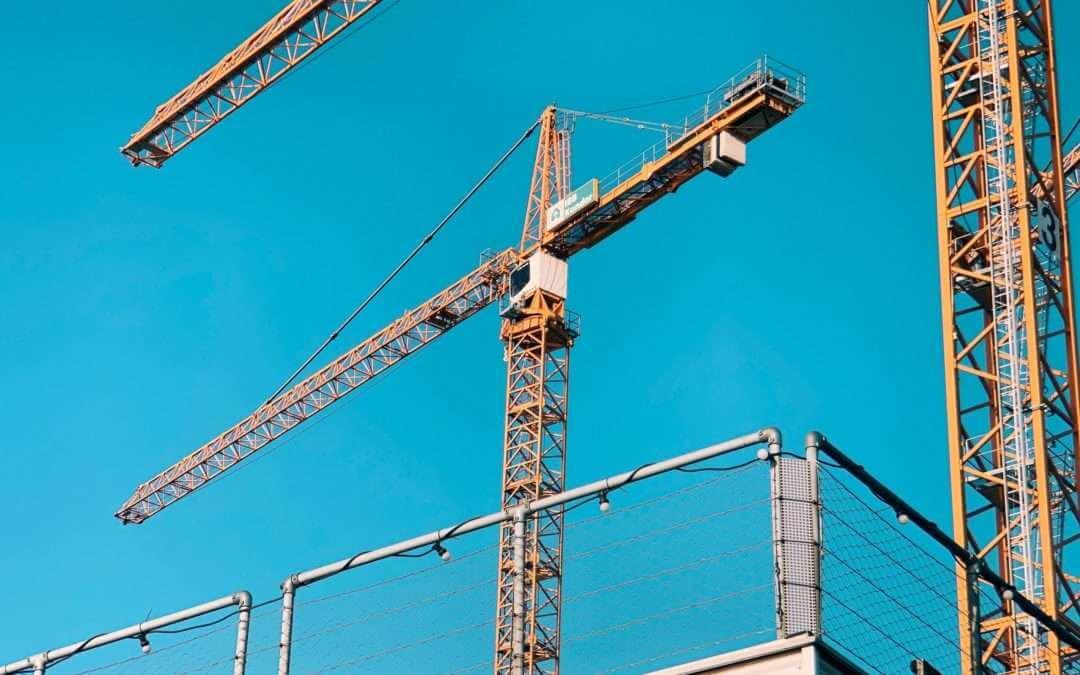The Chief Executive of the Federation of Master Builders (FMB), Brian Berry has called on the government to drastically cut VAT rates on home improvement work and renovations across the UK. with construction output currently decreasing month on month by more than 1.5%, the FMB are seeking ways to stimulate the construction sector and boost the UK economy.
Berry said: ‘It’s not at all surprising that construction output has dropped at the end of the first quarter of this year…To get us through these turbulent times, the government must be bold in its thinking when it comes to supporting the economy bucking any downward turn. One course of action would be to cut VAT on work in the home improvement and private domestic sectors from 20% to 5%…’
Currently, the construction industry in the UK, much like most other sectors qualifies for VAT at the normal rate of 20%. This means that as well as customers having to pay more, those who take out second charge mortgages and home improvement loans (more information), often for the same purposes, are having to borrow that extra bit more to fund the improvements.
The consequence of this is that the amount of money that will be borrowed is potentially 20% more per customer. By reducing VAT, renovation loans in the UK could be slightly cheaper and therefore more affordable. With Construction output in the UK contributing 7% of total GDP and , worth more than £110 billion per year, this sector is of particular significance to trade and industry professionals and representatives such as the FMB.

By increasing the prices of what are already the large costs of construction, renovations and home improvement, it is thought that a large percentage of potential customers are put off undertaking the works in the first place.
Home improvements carried out appropriately and within the confines of UK Planning Law, can increase the value of a home or other property by potentially more than 20%, increasing the resale value. That in turn, means that the tax revenue collected thereafter, upon the property’s sale is increased in the form of taxes like Capital Gains Tax, Corporation Tax and any subsequent Stamp Duty of future buyers.
Berry Continued: ‘Cutting VAT would also be an important step to help encourage more retrofits of our existing buildings to make them more energy efficient and deliver a cut in carbon emissions.’
At a time where both Climate Change and energy efficiency are very much a focus of debate amongst the construction and property sector in the UK, a stimulation of growth in this area in a traditionally booming industry, is seen by many as a very wise move for the industry and government to take.



